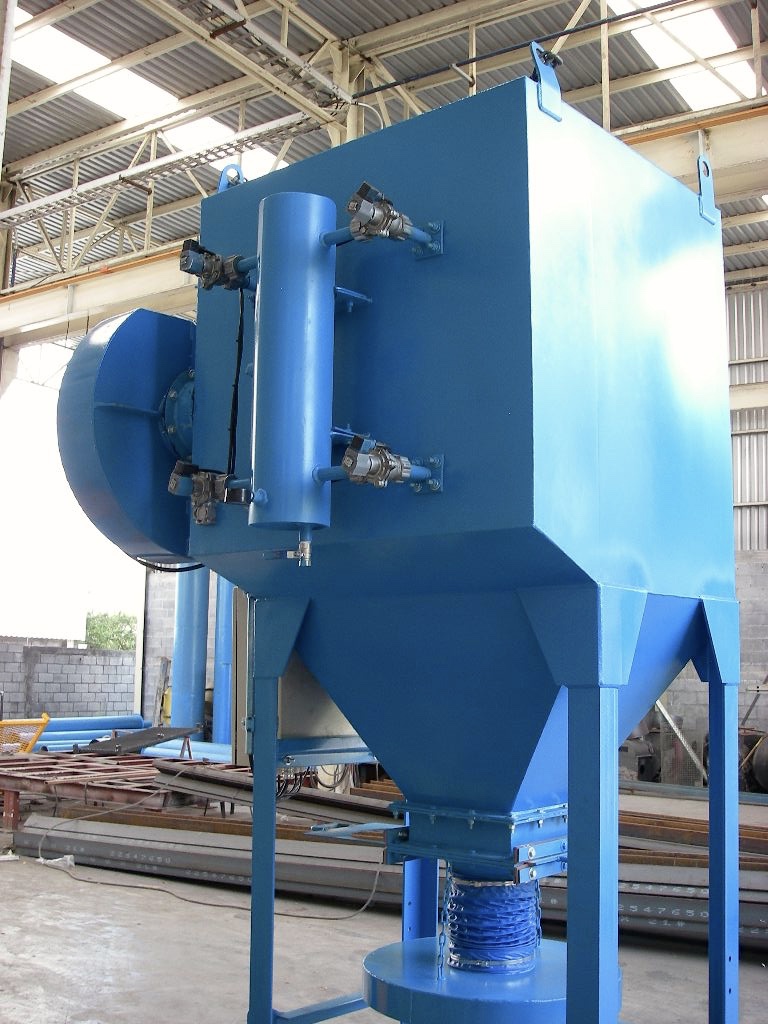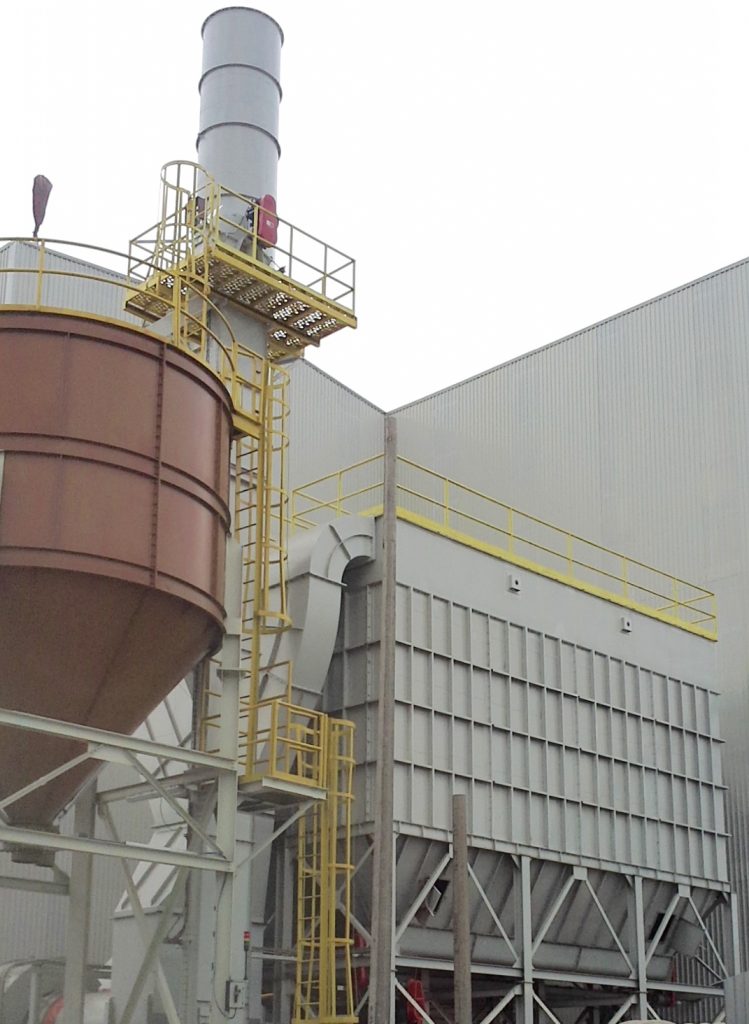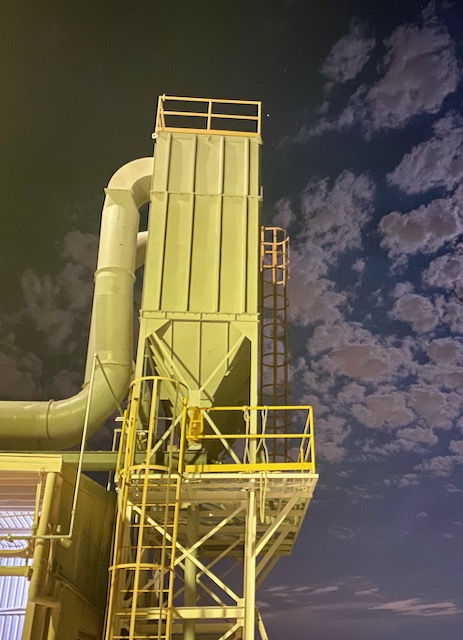


Dust collectors are systems that improve the air quality released by industrial or commercial processes. They are useful for both pollution prevention and material recovery through dust collection. They are responsible for controlling dust in areas where the environment, health, and hygiene can be affected.
In another case, the proper selection of an appropriate dust collector represents energy savings. A good dust collector requires a complete system that efficiently collects, separates, captures, and discharges waste from different types of industrial processes.
A good planning priority for a dust collection system should be to determine the basic project information as comprehensively as possible. This includes conducting a site survey that includes characteristics and specifications about the dust to be collected, air or gas streams, as well as acceptable emission limits, plant location, and requirements according to each company’s quality standards.
Dust collectors need to be reliable and cost-effective, increasingly efficient in capturing fine dust particles in order to comply with the strictest standards in each area.
The applications of these systems can extend to various industries:
- Mining industry
- Metal industry
- Foundry industry
- Chemical industry
- Cement industry
- Food industry
- Lumber industry
- Pharmaceutical industry
- Lime industry
- Ceramic industry
- Fertilizer industry
- Plastics industry
- Paper industry
- Finishing industry
- Etc.